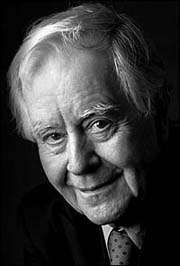 There’s a great article in the current New Yorker magazine about Horton Foote, one of our best, yet least recognized playwrights. Foote, who died this year at 92, won the Pulitzer Prize for The Young Man from Atlanta, but Tender Mercies
There’s a great article in the current New Yorker magazine about Horton Foote, one of our best, yet least recognized playwrights. Foote, who died this year at 92, won the Pulitzer Prize for The Young Man from Atlanta, but Tender Mercies and The Trip to Bountiful
, which were made into movies, are works of his that people are most likely to know, although he also received an Academy Award as screenwriter for To Kill a Mockingbird
.
While Foote spent most of his career in New York and New England, his hometown of Wharton, Texas, 50 miles southeast of Houston, was his muse.
“If a poet knows more about a horse than he does about heaven, he might better stick to the horse,” Foote was fond of quoting. “Someday the horse might carry him to heaven.”
Although Foote was not a horseman, Wharton County was headquarters to a vast cattle empire founded by Abel Head “Shanghai” Pierce, in the 1870s. I don’t know, but would be willing to bet that Pierce was the model for Soll Gautier, brought to life by Robert Duvall in the movie Convicts, one of my favorite Foote plays.
The story, set in 1902, revolves around Gautier, a senile Civil War veteran and plantation owner, and young Horace, who is working on Gautier’s farm to earn the money to buy a headstone for his father’s grave. As the movie opens, 13-year-old Horace is trying to get Gautier to pay up the $12.50 he owes him for six month’s work.
Notoriously flamboyant yet stingy, Pierce was so concerned with his legacy that he commissioned a life-size marble statue of himself from famous sculptor Frank Teich, but not before talking Teich down from his price of $2,500 to $2,250. Teich made up the difference, however, by carving Pierce’s hat smaller than the real thing, so the story goes.
After he had netted $25,000 dollars on one of his cattle drives, Pierce wrote a note to his ranch boss asking him to collect fifty cents from a cowboy for a pair of socks. Later when he found one of his cows branded “AHP is a SOB,” Pierce said he’d give it lifetime free range because it was good advertisement.
Still another tale has Pierce, in a moment of weakness, paying for the lumber for a new church. When asked later if he belonged to the church, Pierce said, “No, that church belongs to me.”
Wharton, with a population of less than 3,000, when Foote was born there in 1916, was also home to the legendary horseman J.B. Ferguson. Ferguson raised Go Man Go, Moon Deck, and Top Moon, as well as some foundation cutting horses, on a part of the old Pierce Ranch that he purchased from Pierce’s nephew, A.P. Borden, importer of some of this country’s first Brahman cattle.
I have slated Ferguson for a blog post in the near future – and I highly recommend Convicts to anyone who likes Robert Duvall, who acknowledged it, in an interview, as one of his favorite roles.
